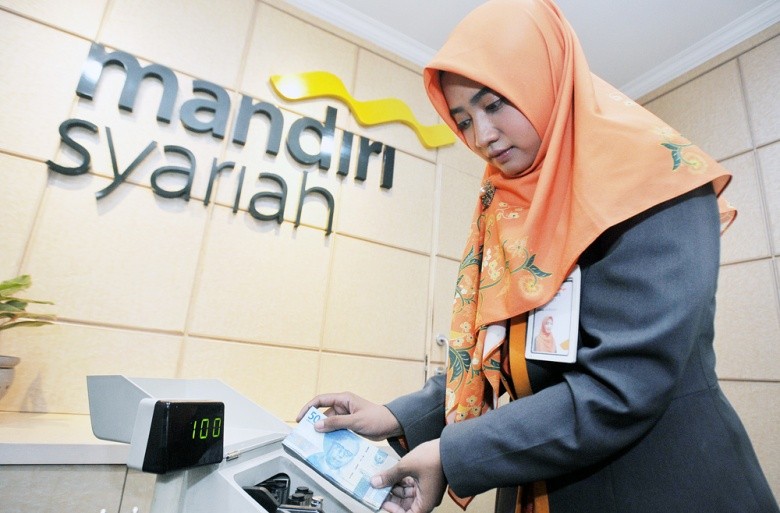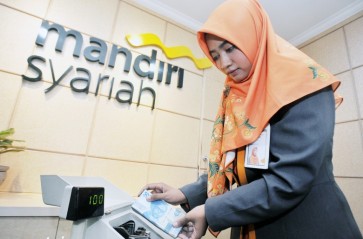Popular Reads
Top Results
Can't find what you're looking for?
View all search resultsPopular Reads
Top Results
Can't find what you're looking for?
View all search resultsOther challenges of sharia banking in Indonesia
The case of Bank Muamalat that failed to meet its minimum capital requirement of 12 percent reveals several structural issues eroding sharia banks in Indonesia.
Change text size
Gift Premium Articles
to Anyone
T
he case of Bank Muamalat that failed to meet its minimum capital requirement of 12 percent reveals several structural issues eroding sharia banks in Indonesia. In my previous article, "Challenges of sharia banking in Indonesia", in The Jakarta Post, on Nov. 25, I observed that the most detrimental challenge faced by sharia banks is the lack of a risk culture.
In addition to this issue, sharia banks also need to improve their competitiveness to keep up with conventional banks.
This can be achieved mainly through improvements in business efficiency and a focus on well-known business segments.
First, sharia banks need to improve their business efficiency. In September, sharia banks’ return on assets (ROA) and net operating margin (NOM) stood at 1.66 and 1.84 percent, respectively.
Meanwhile, conventional banks’ ROA and net interest margin (NIM) stood at 3.52 and 4.2 percent in the same month. These figures show that sharia banks are less efficient than conventional banks.
High costs erode their profitability, which leads to lower capital increase. As a consequence, their assets (mainly driven by financing) growth will be constrained by the capital requirement.
In other words, sharia banks will face difficulties in growing their financing from the asset side, since they can only raise limited capital from the equity side.


















